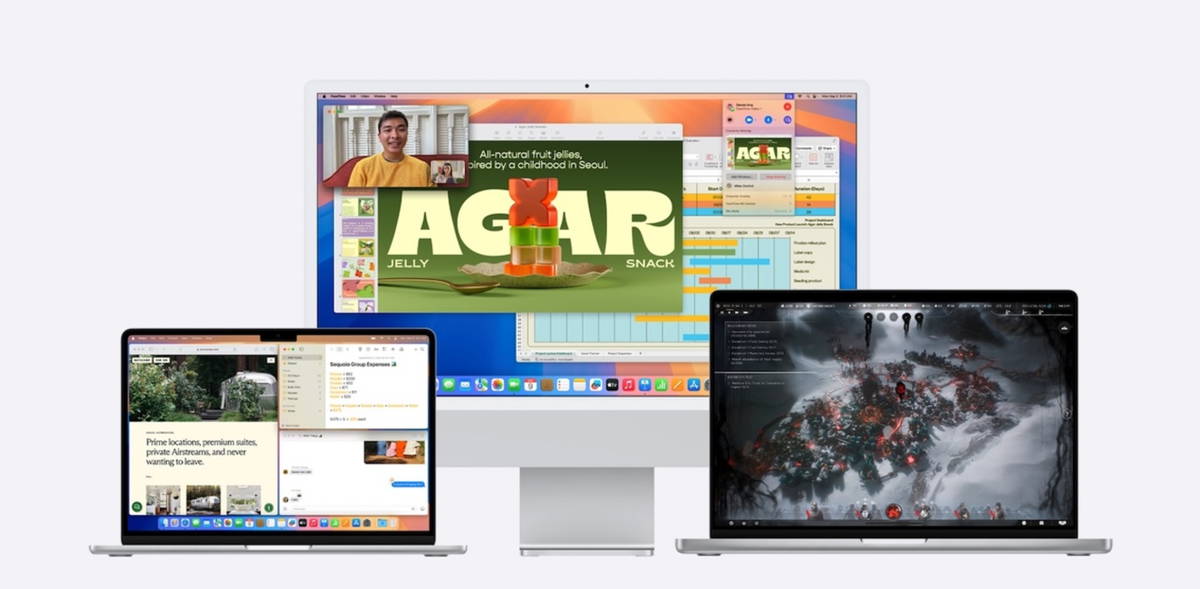Although public administration applications speed up many procedures and wait at the touch of a button, the reality is that we are still waiting for the one that will mark a before and after: bringing the DNI to the mobile with the DNI 4.0. In the meantime, we have to resort to some alternative tricks or applications to identify ourselves. But beyond being able to show your ID from your phone, there is another common practice that is not without risk: send ID to mobilefor example via WhatsApp.
Without going any further, this has already happened to me several times, both when booking vacation accommodation and in a real estate agency, to speed up contractual procedures. The problem? What The DNI is a sensitive and private document, with a lot of personal information and it is not known into whose hands it will fall. But be careful, this would neither be the first nor the last time that the AEPD would impose fines on companies for abuse when requesting the DNI when it is not an essential requirement.
Are you sure it is necessary to share your username?
The Internet User Safety Bureau has warned against this practice with several possible threats we could experience as a result, such as phishing or identity theft, loss of control over information as long as that data can be used , communications vulnerabilities during sending as well as following an attack or security breach or that when saving this data in the cloud, it may be mistakenly shared with third parties.
Indeed, if at some point someone asks us to share our DNI via mobile phone, we must ask ourselves a few questions before granting the request. The first is whether they really need it. Then, and only if strictly necessary, consider other alternatives to share it, because perhaps this WhatsApp phone number is not the official number of the company. So, you could even approach them physically to leave them a photocopy. In any case and
How to share your ID on your mobile phone more securely
The OSI gives some instructions to take into account so that, in case we find ourselves in the need to share the DNI from the mobile in applications like WhatsApp, we do it in the safest way possible.
The first is basic: be clear about who is on the other side. That is, we need to verify the authenticity of the recipient before they have access to our national ID, either because you know the phone number before or because you have the number on a document such as a business card, or because you searched for it. on the Internet or something that gives us confidence to continue.
Then consider your options when sharing the document, choosing those applications or platforms integrating security measures such as end-to-end encryption, which allows you to add a PIN code to access, with a security safe, self-destruct measures for example. In the case of the popular WhatsApp (which we remember has end-to-end encryption), using a temporary chat so that the information does not remain permanently (you can configure the chat settings to limit the lifetime) or with an image that can only be seen once and then it is destroyed.
The less information you give, the better. The recipient may only need your name, photo, and ID to verify your identity, but they don’t need everything else, so you can cross out the extra information and even put a line in the eye area of your photo, so that although it may be used to identify you, it is not useful for any other purpose.
Finally, the recipient should be reminded that once they use this information, proceed to eliminate it as soon as possible from your systems.
In Xataka Android | How to use your cell phone as an electronic ID reader and what it is used for








